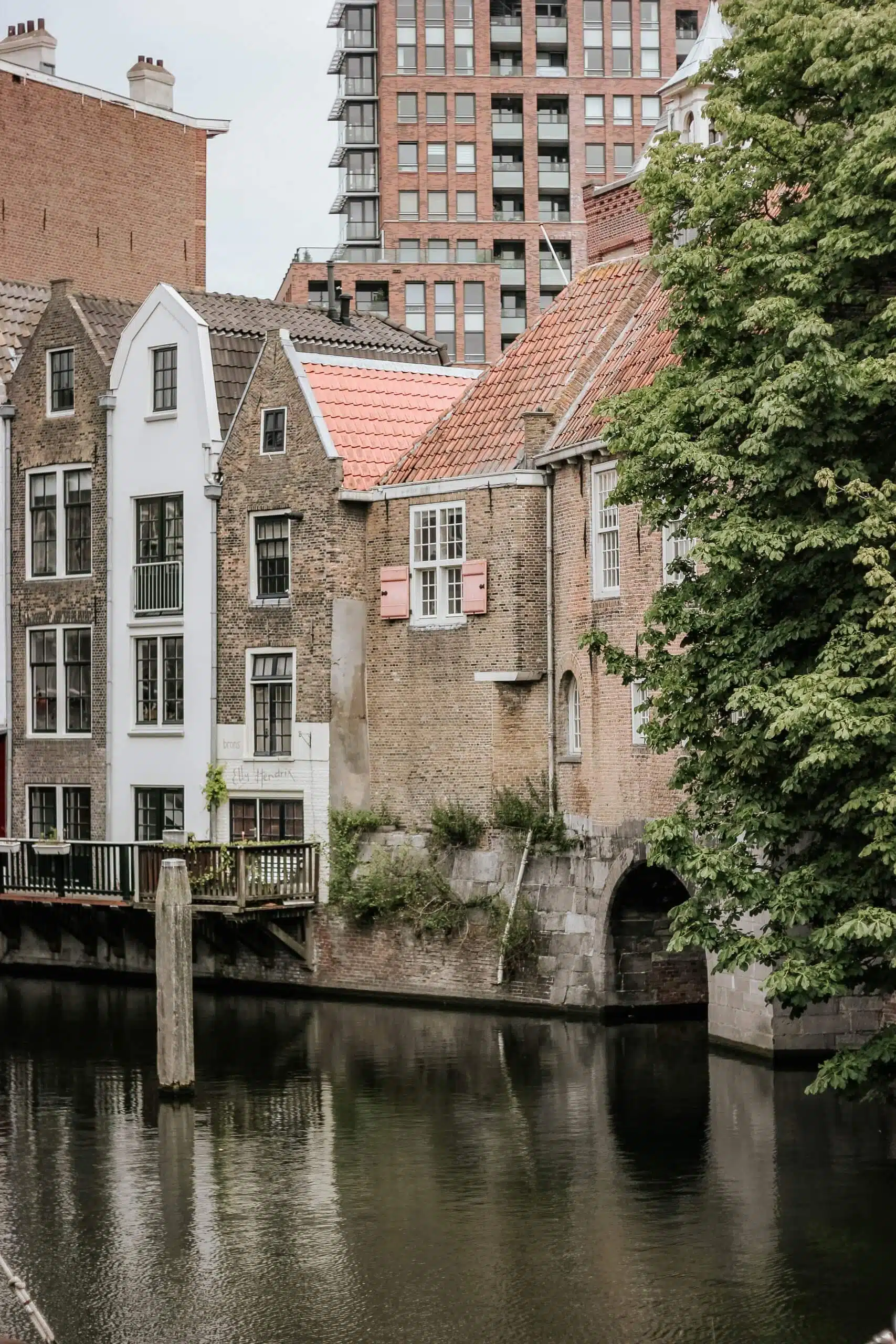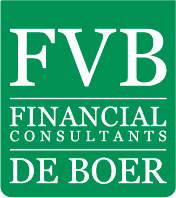
As it seems you’re thinking of buying yourself a house in the Netherlands and we’re delighted to say that expats can freely buy houses in our country. Nevertheless, it is still important to be aware of the quirks before actually considering buying Dutch property. And that’s why we’re here.
Whether you’re planning to move here or you’re are already settled in the Netherlands, you will probably want to think of all the ins and outs of the Dutch housing market. Although there aren’t any significant limitations on foreigners buying a house in the Netherlands, you should definitely take your time to learn how things work here before rushing into your new home in the Netherlands. To smoothen up this process we would like to inform you about a few important matters.
Finding yourself a home in the Netherlands
Like everywhere else, most properties nowadays can be found on the Internet and that might just be the reason why you’re thinking of buying yourself a house in the Netherlands. Although regional newspapers and free real estate papers still do the trick, you might want to try your luck online or use a real estate agent. The latter is very common in the Netherlands and might turn out very handy if you’re not a fluent Dutch speaker or a firsttime buyer. Please note that real estate agencies (called makelaars in Dutch) contract both a buyer’s agent and a seller’s agent. Each of them have different roles in the buying process and charge their own fees.
Comparing different regions pays off
Most expats moving to the Netherlands aim to to find a home in the urban area of the so-called Randstad which is basically the region covering the four biggest cities: Amsterdam, Rotterdam, The Hague, and Utrecht. While this area especially seems the most attractive in terms of commuting, there are several other regions in the Netherlands that offer cheaper housing options. The CBS (The Central Bureau of Statistics) is responsible for annual research on the regional differences and currently, Bloemendaal (Noord-Holland) is the most expensive Dutch municipality to live in with an average sales price of 776.000 euros. Delfzijl (Groningen) located in the north of the Netherlands, however, offers very cheap housing options, with an average price of just 141.000 euros. Comparing, therefore, pays off, so you might want to consider the regions outside of the Randstad before making your final pick of where to buy your home in the Netherlands.
What are the legal requirements?
A notary is required by law in order to fulfill the official registration of the property. The notary costs, however, differ a lot and therefore need to be compared carefully. Please note that these costs can be taken as a percentage of the final sales price, as well as a per-hour rate or even a fixed fee. As the total costs tend to be at least a thousand euros we advise you to consider what type of services charges best fits your personal situation. Again, if you don’t master the Dutch language you will probably need a professional translator to go to meetings or to make up the contracts. Although a lot of legal documents can be made up in English as well, this is not obligatory as English is at no level an official language in the Netherlands.
Deposits and mortgages
Once your first legal documents are signed you will most likely need a mortgage. As you will clearly know, it is crucial to discuss the terms of the mortgage with one of the multiple mortgage lenders. When talking to the several mortgage lenders in the Netherlands you will find out which mortgage supplier is a fit for you. Concerning the deposit, we advise you to arrange a bridging loan or banker’s guarantee to be able to cover for this. Normally this will cost about 1% of the deposit fee.
Tax benefits
When calculating your mortgage expenses it is important to point out that there are different tax benefits which can come in handy. This concerns, for instance, the notarial deed fees mentioned above, but also involves the market valuation of the property and a lot of other costs as well. If you use your bought property as your primary residence and you’re officially registered as a resident taxpayer, interest payments on mortgages are also tax deductible. Please ask us for all the tax benefits in your case as it will save you a lot of money.
Some helpful tips
Apart from the above legal, regional and financial matters, there are a lot of minor, but practical things to think of when buying a house in the Netherlands. An overview:
- Why is the owner moving out: asking this simple question can give you a whole new perspective to the property.
- How long has the property been for sale: the longer it’s been for sale the more questions you will need to ask.
- Visiting the house during daytime is always a good idea. If you’re not fully convinced try to visit the property again at night to see if you’re able to note any differences.
- Try to limit your house visits. If you’re considering multiple options try to stick to two or three house visits per day. Carefully check out the neighborhood and direct surroundings when doing so.
- Seasonality plays a major role; demand and prices may turn out a lot lower during winter and autumn. Bear this in mind during the negotiations.
- Take your time: although the actual degree of flexibility depends on the tendencies on the housing market, generally, time is on your side.
- Please note that it might be harder for non-EU citizens to buy a property. Be prepared for some extra struggle if you’re not an EU-citizen.
Need help?
Although our tips on buying a house in the Netherlands try to give you some more grip, you still might have some questions or want more information? Give us a call!


